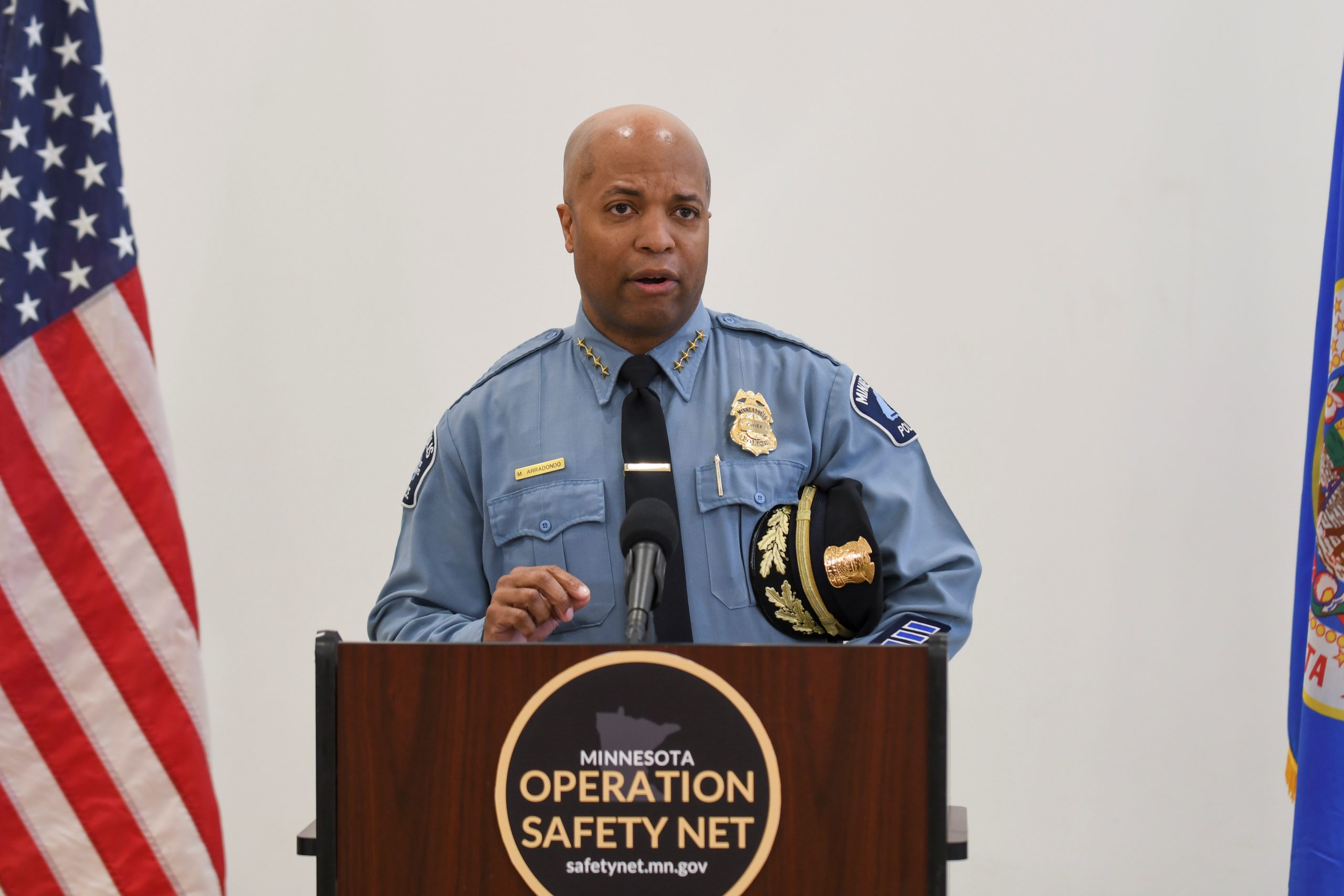Minneapolis Police Chief Medaria Arradondo could testify as soon as Monday in the murder trial of Derek Chauvin for the deadly arrest of George Floyd, where prosecutors say he will undermine the defense claim the former officer followed police training.
“This was murder — it wasn’t a lack of training,” Arradondo said last year in a statement on the video footage of Chauvin, who is white, kneeling on the neck of Floyd, a 46-year-old handcuffed Black man, for more than nine minutes.
Arradondo, who in 2017 became the first Black person to lead the city’s police force, fired Chauvin and three other officers who were involved the day after the incident. Floyd’s death sparked global protests against police brutality.
Chauvin has pleaded not guilty to murder and manslaughter charges, arguing that he did only what he was trained to do in his 19 years as a police officer.
Prosecutors from the Minnesota Attorney General’s Office hope Arradondo’s testimony will convince a jury otherwise.
“He will not mince any words,” Jerry Blackwell, one of the prosecutors, told the jury in his opening statement last Monday. “He’s very clear, he’ll be very decisive that this was excessive force.”
Police chiefs testifying against one of their own current or former police officers is unusual, even given how rarely officers face criminal prosecution, experts in police misconduct said.
“They need to have someone from the agency say how bad that is,” Geoffrey Alpert, a criminology expert at the University of South Carolina, said in a telephone interview of Chauvin’s kneeling on Floyd’s neck.
Philip Stinson, a criminal justice professor at Bowling Green State University, who tracks police prosecutions, said Arradondo may find himself facing an aggressive cross-examination by Chauvin’s lead lawyer, Eric Nelson.
“It may well be the city and the police department are trying to send a message to the community,” he said, “that we’re not tolerating police misconduct.”
(Reporting by Jonathan Allen; Additional reporting by Brendan O’Brien in Chicago; Editing by Peter Cooney)
























